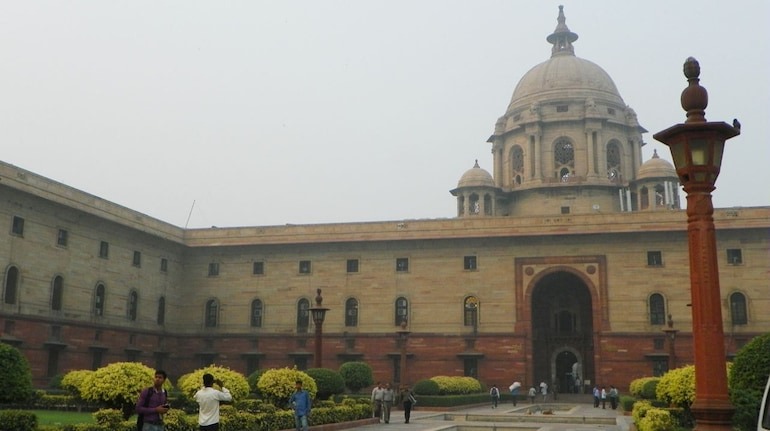
The Indian government has formally contested X Corp's description of the 'Sahyog' portal as a "censorship portal" in the Karnataka High Court. X Corp, owned by Elon Musk, claimed the government misused Section 79(3)(b) of the Information Technology Act by issuing content-blocking orders, arguing that only Section 69A grants such authority.
Centre Clarifies Legal Framework and Intermediary Responsibilities
In its submission, the Centre emphasized that the 'Sahyog' portal is not a censorship tool but a facilitative platform that enhances coordination between digital intermediaries and law enforcement. While Section 69A allows the government to block content under specific conditions like national security, Section 79(3)(b) mandates intermediaries to act on legal notices.
Centre Rejects Allegations and Misleading Terminology
The government dismissed X Corp's use of terms like "censorship portal" and "blocking order" as misleading and legally unfounded. It also highlighted that X Corp had omitted references to intermediary responsibilities detailed in Rule 3(1)(d) of the Information Technology (Intermediary Guidelines and Digital Media Ethics Code) Rules, 2021, which directly relate to Section 79(3)(b).
Balancing Platform Liability and Free Speech
The Centre defended the IT Act's provisions, stating that Section 79(3)(b) maintains a necessary balance between platform liability and the right to free speech. It stressed that lawful compliance by intermediaries is essential, and misinterpretations could hinder efforts to maintain public order and national security.
Read More: When Cricket Entered the Courtroom Why Justice Surya Kant Referenced Jasprit Bumrah

 Share
Share



